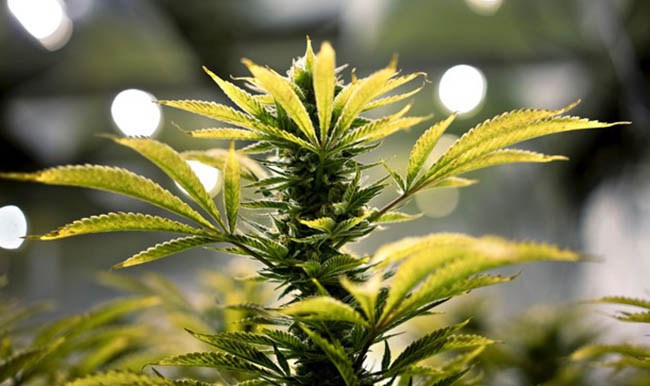Melson’s frustration stems from delays in the program’s rollout. The AMCC, established in 2022, has issued medical cannabis licenses three times—June, August, and December of last year—yet patients still do not have access to medical marijuana products.
“It’s been three years, and patients still can’t get the treatment they need. Something has to change,” Melson said. “If a system isn’t working, we need to step in and fix it.”
Key Provisions of SB72
Under the proposed legislation:
- The AMCC must hire a private consultant by October 1, 2025.
- The consultant must be a nationally recognized entity with operations in at least 15 states.
- A standardized rating system for evaluating applicants would be implemented.
- The number of integrated facility licenses would increase from five to seven due to population growth.
- A provision requiring an investigatory hearing for license denials would be removed.
- License decisions would be final and could only be appealed directly to the Alabama Supreme Court.
Melson pointed to inconsistencies in the current application scoring process, where companies received vastly different rankings from different evaluators. “I have the grading reports in front of me, and they’re all over the place,” he said. “One reviewer ranked a company as the best applicant, while another placed them at 29th. That kind of discrepancy suggests a flawed system.”
Melson emphasized that his goal is fairness, not accusations of wrongdoing. “I’m not saying anything illegal happened, but the process clearly wasn’t handled the right way,” he said. “If we can bring in an independent group like Moody’s to objectively assess applicants, we should.”
A Renewed Push for Reform

This isn’t Melson’s first attempt to restructure the licensing process. A similar bill he introduced last year failed to advance in the Senate, but he believes SB72 has a better chance.
“We weren’t aggressively pushing it last year,” he explained. “We wanted to let the system work itself out. But now, another year has passed, and patients are still waiting. It’s time to take action.”
Medical Marijuana in Alabama

Alabama legalized medical cannabis in May 2021 under the Compassion Act, joining more than 30 other states with similar programs. Patients with qualifying conditions—including chronic pain, cancer-related nausea, PTSD, epilepsy, and muscle disorders—can obtain a medical cannabis card through the AMCC and purchase approved products from licensed dispensaries.
Allowed medical cannabis products in Alabama include tablets, capsules, tinctures, oils, patches, and gummies. However, smokable and raw plant forms remain prohibited under state law.
SB72 is currently awaiting review by the Senate Committee on Agriculture, Conservation, and Forestry. If passed, it could bring long-overdue progress to Alabama’s medical marijuana program and provide relief to patients who have been waiting for access to treatment.










